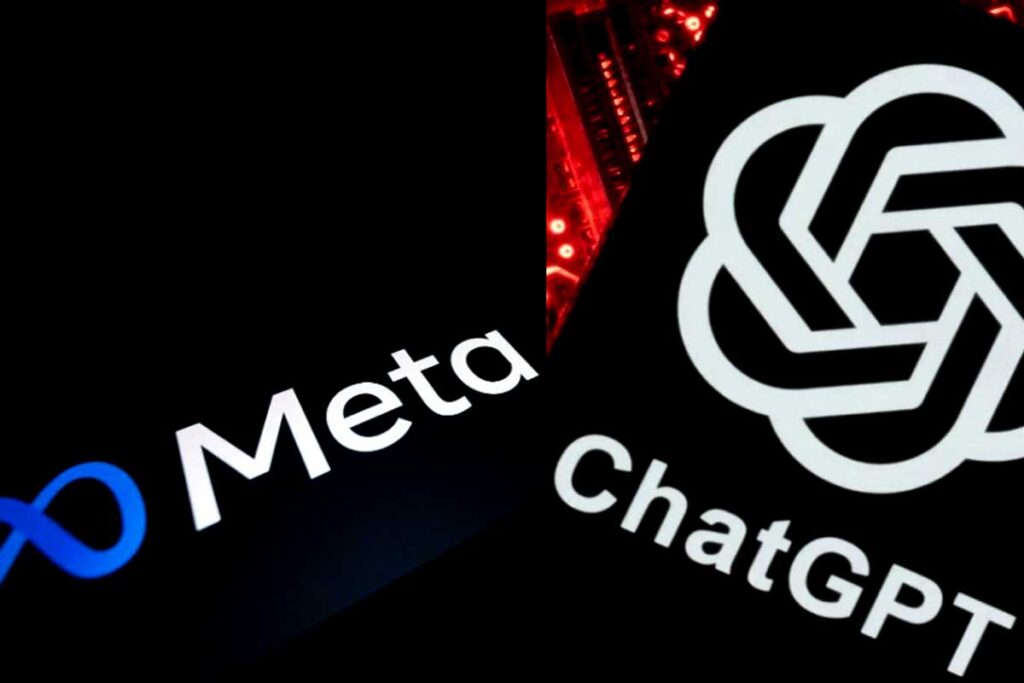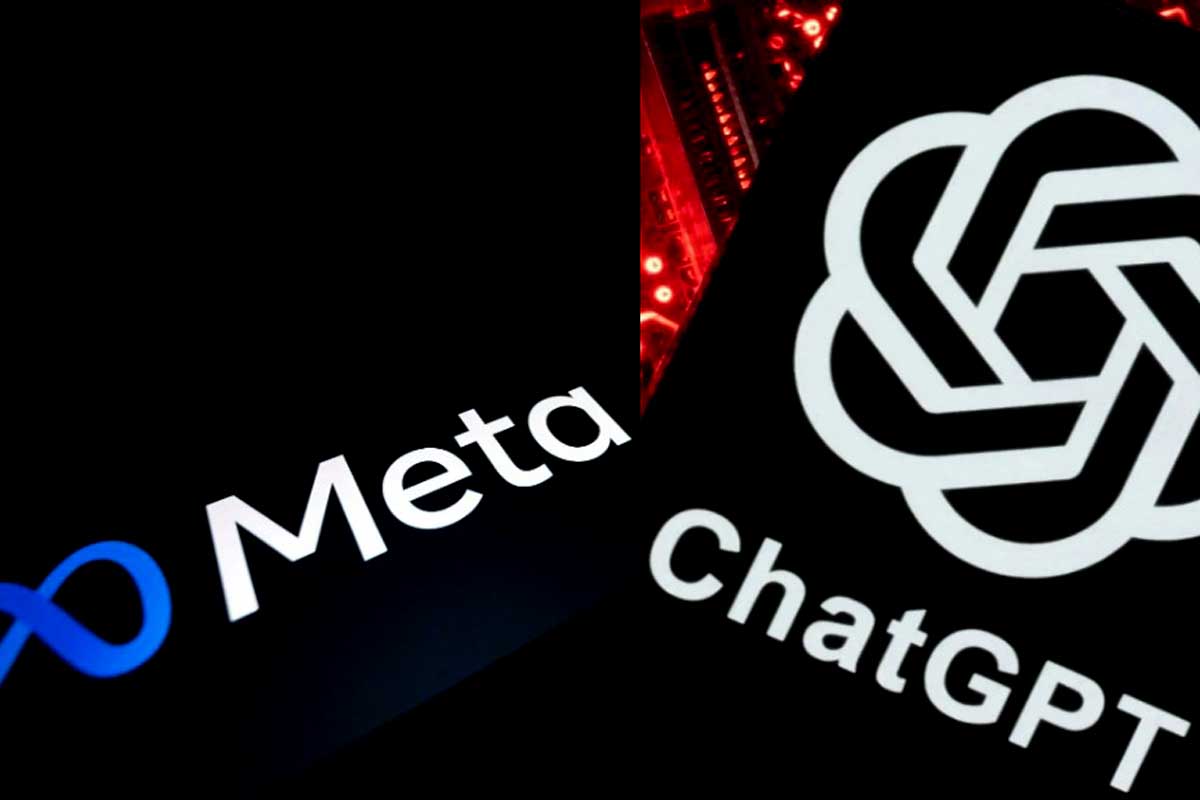Open-Source or Not: Meta’s ChatGPT Competitor Sparks Controversy

Meta’s ChatGPT Killer: Unveiling the Truth Behind Its Open-Source Claims
Meta, the tech giant formerly known as Facebook, recently unveiled its highly anticipated competitor to OpenAI’s ChatGPT, sparking both excitement and controversy within the AI community. Promoted as a potential “ChatGPT Killer,” Meta’s AI language model has generated significant interest due to its perceived threat to OpenAI’s dominance. However, amidst the buzz, questions have arisen regarding Meta’s claims of openness. In this article, we delve into the debate surrounding Meta’s ChatGPT Killer, examining whether it truly embraces the principles of open-source technology.
Meta’s ChatGPT Killer Unveiled:
Meta’s entry into the AI language model arena has been met with considerable enthusiasm, given the company’s technological prowess and vast user base. Marketed as a powerful rival to OpenAI’s ChatGPT, Meta’s offering promises to redefine how users interact with AI-powered conversational agents.
The Controversy: Open-Source Claims:
At the heart of the debate lies Meta’s assertion that its ChatGPT Killer is open-source—a characteristic that has been crucial in OpenAI’s success in democratizing AI technology. Open-source models allow developers and researchers to access the underlying code, enabling them to build upon the model, enhance its capabilities, and contribute to the community’s collective knowledge.
However, skepticism has arisen among AI enthusiasts regarding the extent of Meta’s commitment to openness. Some experts have expressed concerns that Meta’s definition of “open-source” might differ from the traditional understanding, potentially limiting the model’s accessibility and impeding the broader AI community’s collaboration.
Understanding the Open-Source Ethos:
The concept of open-source technology is rooted in transparency, collaboration, and the free exchange of ideas. OpenAI’s decision to open-source its GPT models has not only fostered innovation but also promoted a spirit of inclusivity and shared progress within the AI field. As Meta aims to challenge the status quo, it faces the challenge of upholding the true principles of open-source technology to gain trust and acceptance from the community.
The Road Ahead:
As the AI landscape continues to evolve, the success of Meta’s ChatGPT Killer will depend on various factors, including its performance, accessibility, and adherence to the ethos of open-source technology. To truly earn the title of “ChatGPT Killer,” Meta must demonstrate its commitment to openness by providing unrestricted access to its model and fostering a collaborative environment for developers and researchers.
Conclusion:
The emergence of Meta’s ChatGPT Killer as a potential rival to OpenAI’s ChatGPT has ignited excitement and curiosity within the AI community. However, the controversy surrounding Meta’s open-source claims casts a shadow of doubt on the true nature of its offering. As the tech giant ventures into uncharted territory, it faces the critical challenge of aligning with the open-source ethos that has driven innovation and collaboration in the AI world. Only time will reveal whether Meta’s AI language model lives up to its promises and earns its place as a genuine competitor in the ever-expanding realm of AI-powered conversational agents.





